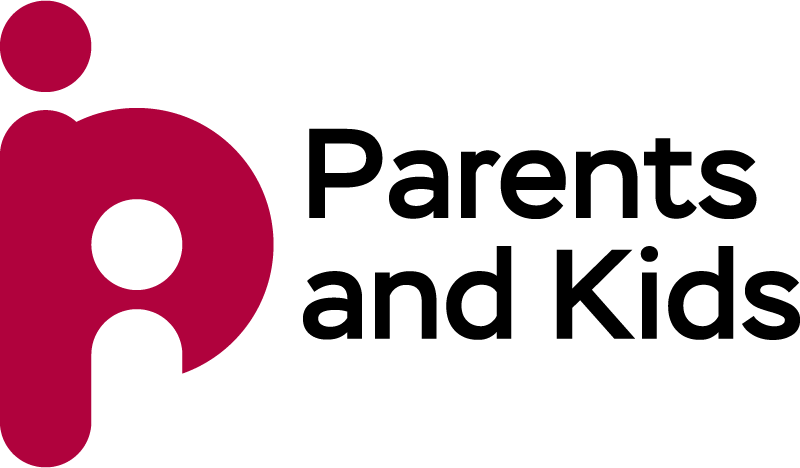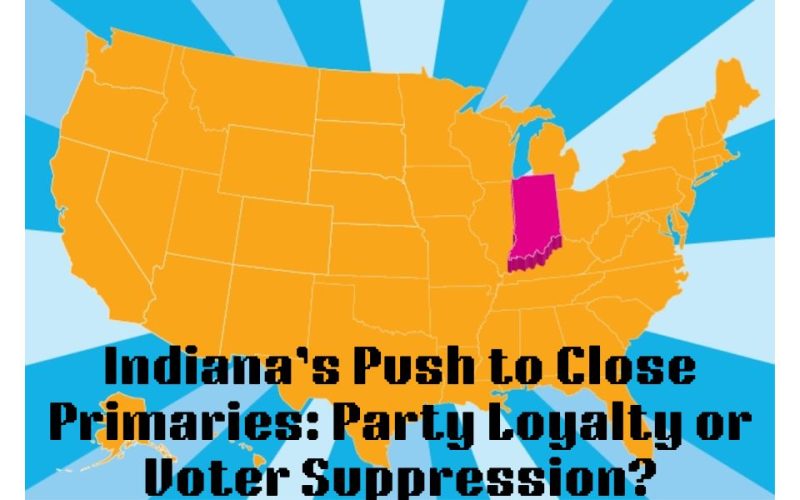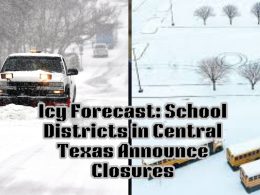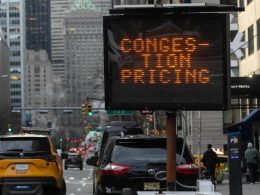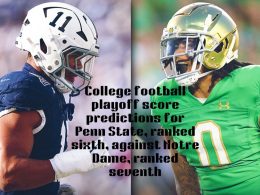Indiana Bill Proposes Closing Primary Elections, Sparking Debate Over Voter Turnout and Access
Indiana’s primary election system could undergo a significant transformation under proposed legislation aiming to close the state’s primaries. House Bill 1029, introduced by Rep. Michelle Davis (R-Whiteland), would require voters to declare party affiliation by December 31 of the year preceding a May primary to participate in that party’s election.
The move comes after controversy in the 2023 Republican gubernatorial primary, where an outside group encouraged Democratic voters to cross party lines and vote for a GOP candidate. While similar tactics, such as Rush Limbaugh’s 2008 “Operation Chaos,” have previously drawn national attention, Indiana’s Republican supermajorities now seek to solidify party control.
How Indiana’s Primary System Works
Indiana currently operates a partially open primary system. Voters do not register by party but choose a Republican or Democratic ballot on Election Day, a decision that becomes public record. The system allows crossover voting, enabling individuals to influence the outcome of a party’s primary without long-term affiliation.
Rep. Davis argues that this flexibility undermines party integrity. “Primary elections should reflect the true will of a political party’s members,” she said in a statement. “By moving to a closed primary system, Indiana can ensure that the nominees selected by each party represent the values and priorities of its supporters.”
Challenges of Closing Primaries
While proponents see the bill as a step toward safeguarding party interests, critics highlight logistical and democratic concerns.
Former political party chairs warn that transitioning to a closed primary system could create confusion and reduce voter turnout. Thousands of voters may be unaware of the new requirement to register with a party, leading to disenfranchisement at polling places.
“There will be administrative chaos,” one former party chair predicted. “Re-registering voters under a specific party affiliation will be an enormous task, and many will be turned away during the first election cycle.”
Additionally, critics argue that closing primaries may discourage independent-minded voters who prefer not to align strictly with one party. A decline in turnout could also disproportionately affect local races, where the only contested elections often occur during primaries.
“In parts of Indiana, voters need the freedom to participate in local races regardless of their national party affiliation,” said a former chair. “Forcing them to choose a party could diminish their engagement in critical local decisions.”
The National Context
Indiana’s debate mirrors a broader trend across the country. States like Louisiana and Wyoming have recently transitioned to closed primaries, while others maintain open or partially open systems to encourage broader participation.
The National Conference of State Legislatures categorizes primary systems into six types, with 19 states operating either closed or partially closed primaries, and another 19 opting for open or partially open systems. The remaining states use other models, such as multi-party primaries.
What’s Next?
If passed, House Bill 1029 could take effect for the 2026 election cycle, marking a significant shift in how Hoosiers engage with the political process. However, the proposal faces scrutiny from both sides of the aisle, with critics questioning whether the benefits outweigh the potential confusion and reduced participation.
As the debate unfolds, Indiana voters will be watching closely to see how changes to the primary system could reshape their role in shaping the state’s political landscape.
Reference News :- Weighing proposal to close Indiana’s primary system
